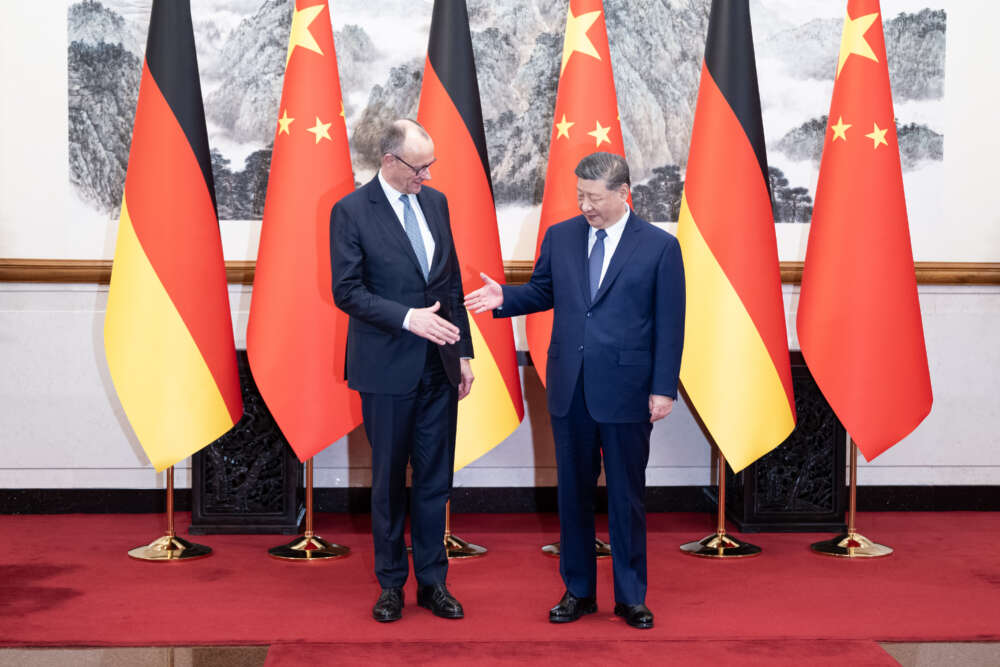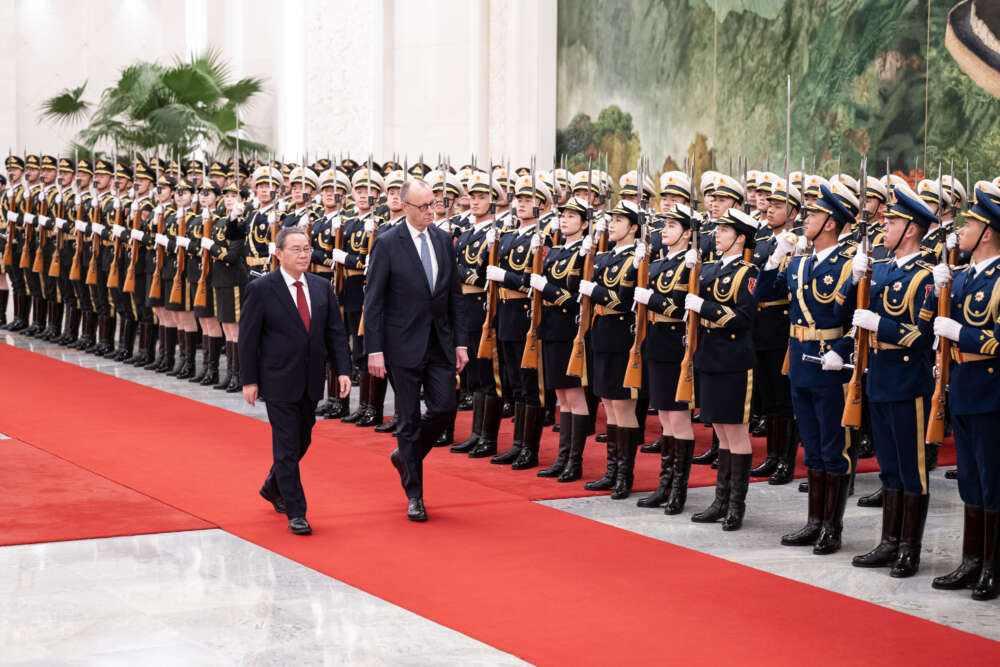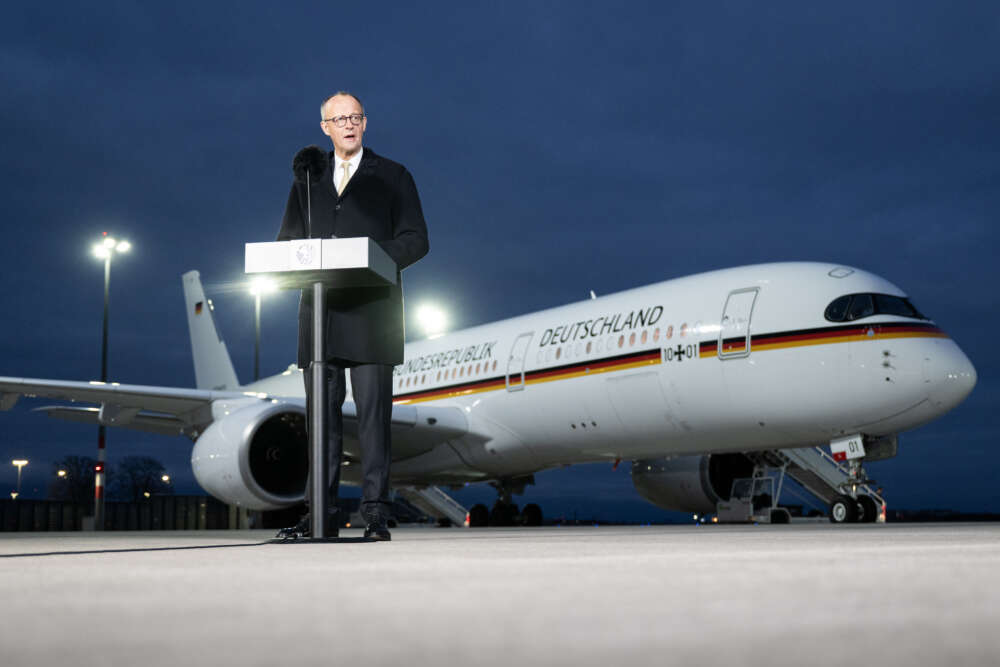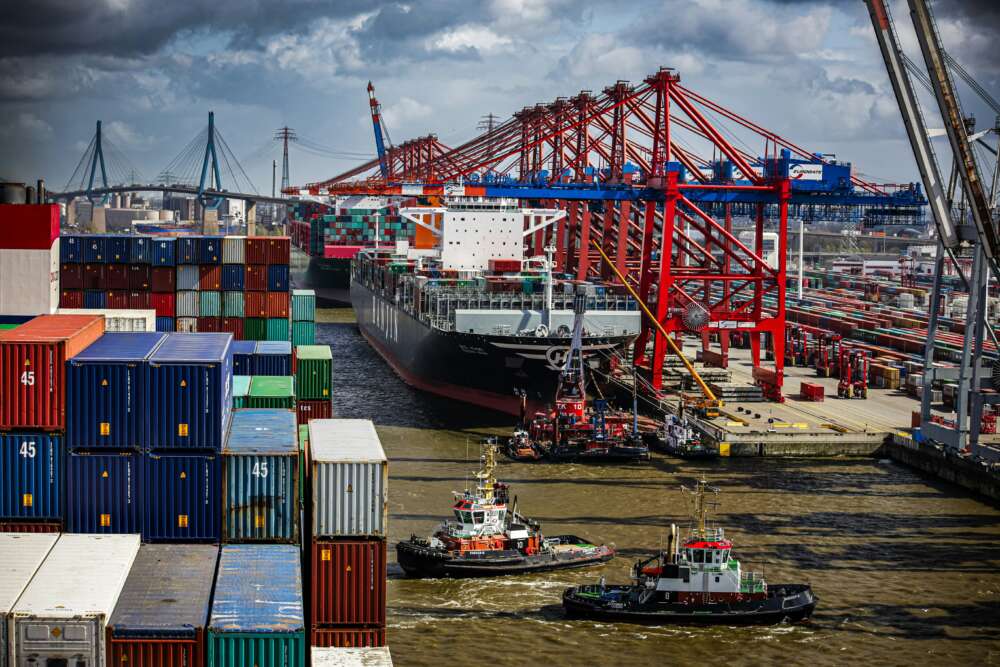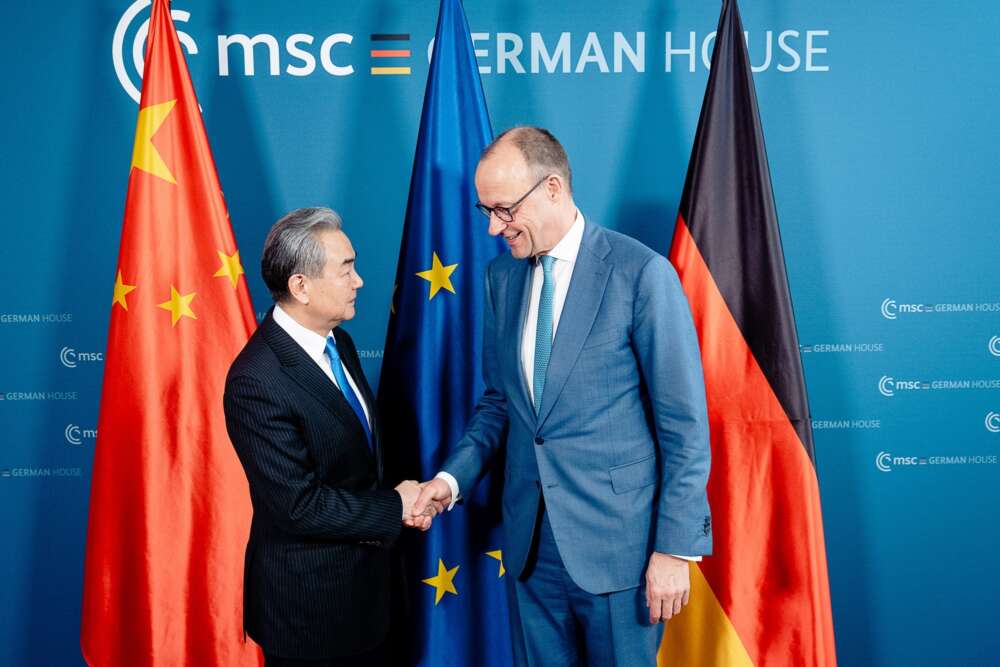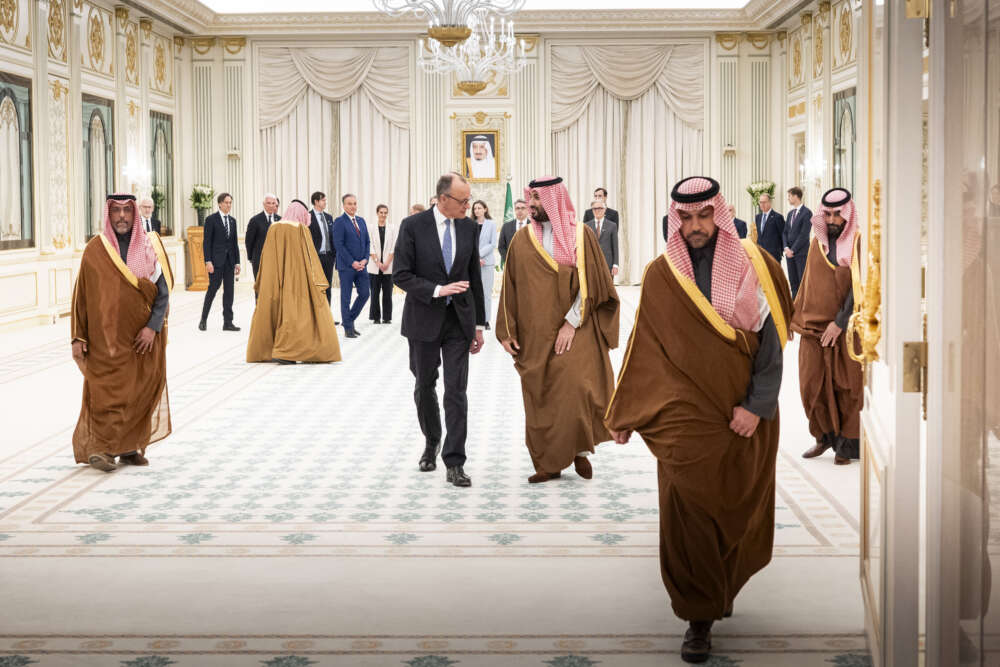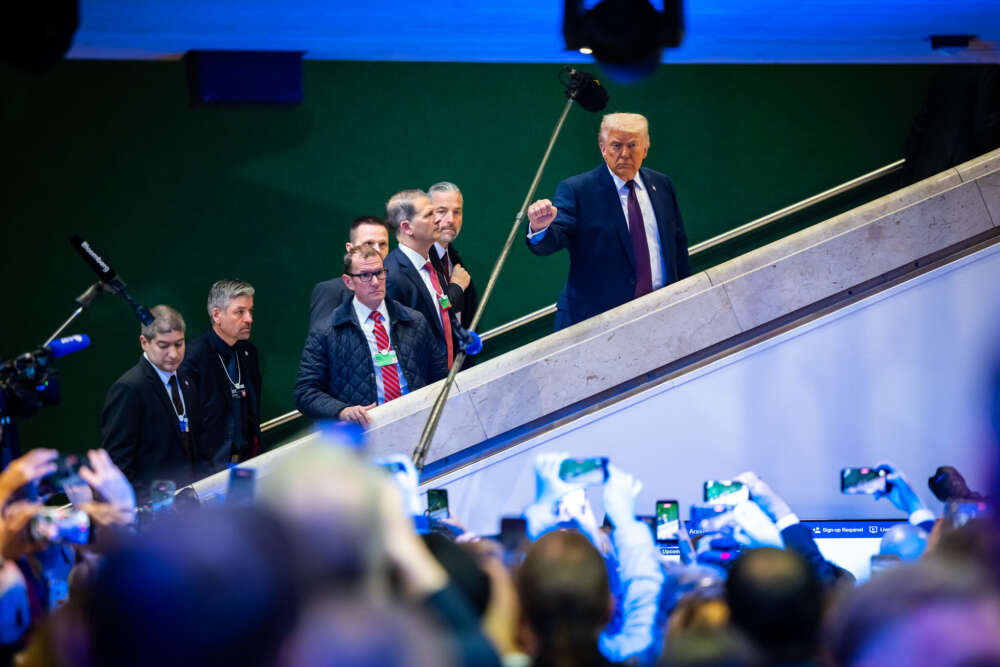Global Dialogue II
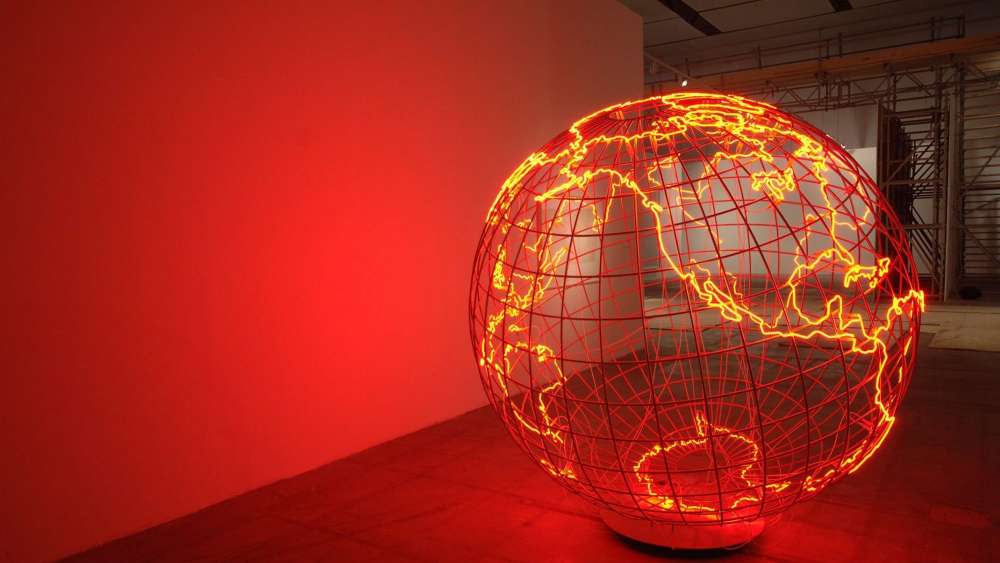
In cooperation with the Robert Bosch Stiftung and the National Security College at the Australian National University, Global Dialogue is a format aimed primarily at internationally experienced members of the German parliament. This program brings these German policymakers together with fellow members of parliament (MPs) and other political decision-makers from partner countries in bi- and trilateral formats. The goal of the exchange is to strengthen ties between Germany and key partner countries to build a strategic community of political decision-makers who can address global challenges cooperatively.

The program aims to strengthen ties between Germany and key partner countries to build a strategic community of political decision-makers.
Global Dialogue II (2026−2028) will focus on the Indo-Pacific and relations between Germany, Australia and Japan. The Indo-Pacific is a crucial region for determining the course of the 21st century, not least in terms of dealing with regional and global security competition, as well as the climate crisis. Australia and Japan are key partners for Germany in the region, and there is a lot of potential for expanding these relationships.
Global Dialogue II will start with a kick-off meeting between German MPs in 2026. It will then include two study tours. The first trip in 2026 will bring German MPs to Australia to meet their Australian counterparts and other policymakers and to work on key issues of common concern. In 2027, both German and Australian MPs will travel together to Japan to continue these discussions in a trilateral format with Japanese MPs and policymakers. The program will end with a conference in Berlin in 2028, bringing German MPs together with policy experts to further explore learnings from the study tours and the issues at the heart of the program, including key geopolitical and global challenges, including the Indo-Pacific security architecture.
All meetings convened as part of this program are off record. However, throughout the program, GPPi will publish its own perspective on the issues at the heart of this Global Dialogue, as well as German-Australian-Japanese bilateral/trilateral cooperation.
Global Dialogue I
The 2023 – 2024 Global Dialogue program focused on the Indo-Pacific region and specifically aimed to facilitate closer relations between Germany, Australia and India.
The program started with a kick-off meeting with German MPs in Berlin in 2023 and culminated in a final conference in Germany in 2025, where German program participants had the time and opportunity to reflect on what they had learned over the course of the program. Over the course of 2023 and 2024, the Global Dialogue program conducted two study trips.
Study Trip to Australia
The first trip, in October 2023, brought 10 German parliament members to Australia to connect with Australian counterparts and key policymakers and exchange perspectives on how to deal with pressing issues facing both states. Traveling to Canberra and Sydney, they also convened with researchers, policymakers, business leaders and NGO representatives. The topics of discussion ranged from strategic interconnectivity in the Indo-Pacific region and economic and security policy, to maritime security, the climate crisis, cyber security, the energy transition and threats to liberal democracies. A high-level meeting with officials from Australia’s Department of Foreign Affairs and Trade addressed issues of maritime security in the Indian Ocean region, the AUKUS trilateral security partnership agreement, trade de-risking and Australia-China relations. Finally, the participants met with elders and leaders from Australia’s First Nations people to learn about their history, political representation and the Voice Referendum, a plan to give greater political rights to Indigenous people, that took place in October 2023.
Study Trip to India
Following this successful first trip, 18 German and Australian MPs traveled to India (New Delhi and Mumbai) for an intensive week of engagement in October 2024; they built on the discussions initiated in Australia and, similar to the first trip, met with policymakers, think tankers, researchers, journalists, business leaders, as well as NGO representatives.
In New Delhi, the study tour focused on better understanding India’s domestic politics and the country’s role and aspirations on the international stage, specifically within the Indo-Pacific region. The delegation also engaged in high-level diplomatic discussions, including a meeting with Dr. Subrahmanyam Jaishankar, Minister of External Affairs of India. These discussions were enriched by briefings from both German Ambassador Dr. Philipp Ackermann and Australian High Commissioner Philip Green, who provided valuable perspectives on India’s evolving role in global affairs, the opportunities and challenges when working with India, as well as India’s key role in the Indo-Pacific region.
In Mumbai, the program’s focus shifted to exploring different economic and social dimensions of India. The city, known as India’s financial and cultural center, provided a fitting backdrop for discussions on the country’s economic trajectory and the role of India’s soft power projection. A topic of particular interest was India’s digital transformation – a strategic imperative, a way to position India as a global leader, as well as a domestic cornerstone that fosters economic growth, social inclusivity and welfare accessibility.
This project is supported by and run in coordination with the Robert Bosch Stiftung.

